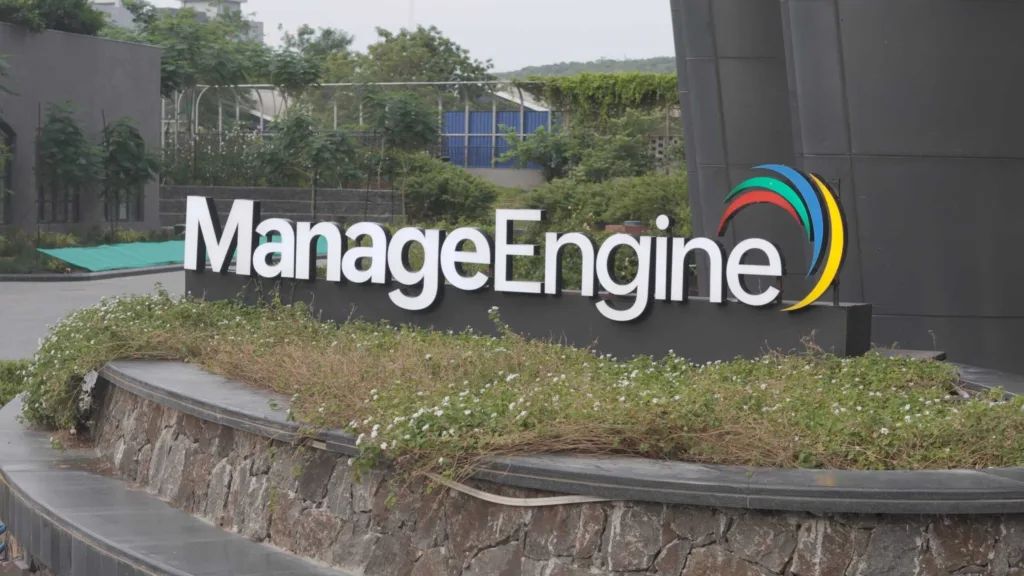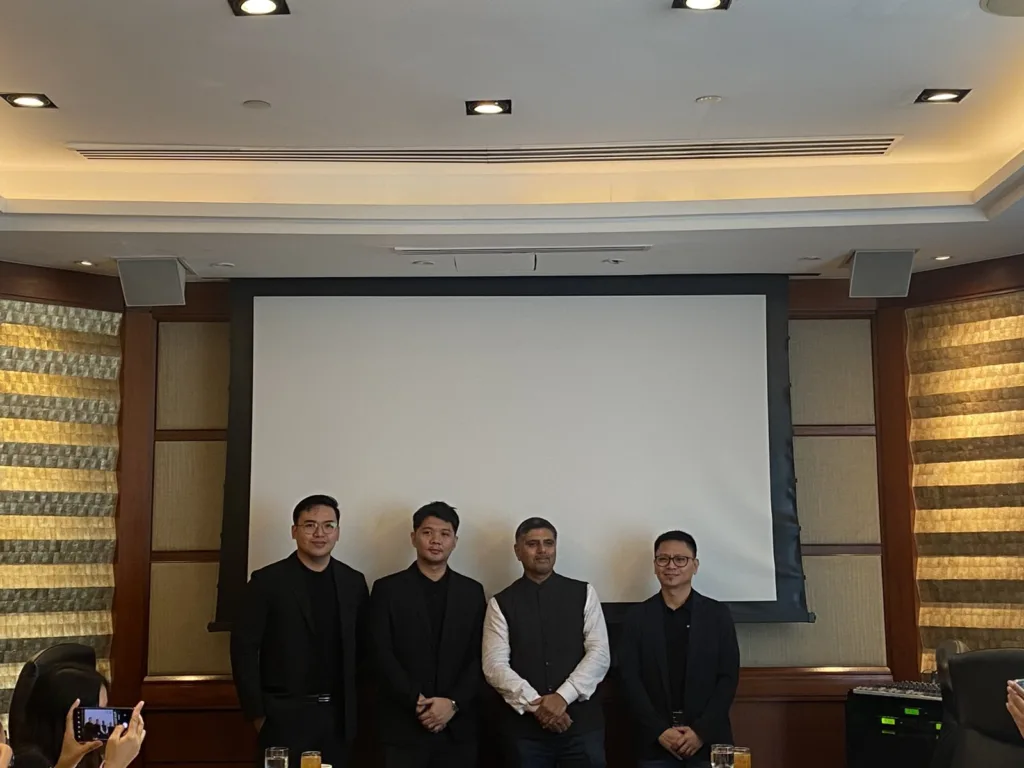ManageEngine, the IT management division of Zoho Corporation, is expanding its global and Philippine footprint as small and medium enterprises (SMEs) and micro, small, and medium enterprises (MSMEs) face mounting pressure to modernize operations amid rapid digital transformation and escalating cyber risks.
The insights and data in this report were drawn from a media briefing presided by Arun Kumar, Regional Vice President – Asia Pacific of ManageEngine, who discussed the company’s growth, strategy, and evolving role in the Philippine market.
Founded in 1996 under Zoho Corporation, ManageEngine has grown into a 25-year-old global IT management provider with 18,000 employees and more than 35 offices worldwide.
While the company initially catered largely to telecom and enterprise clients, its strategic pivot around the year 2000 — to design simple and affordable IT management tools for small businesses — continues to define its global customer base. Today, 60% to 70% of ManageEngine’s users fall under the SME segment, a trend that remains consistent in the Philippines.
Philippine market growth and local team expansion

ManageEngine has operated in the Philippines for 15 to 20 years, with adoption concentrated in sectors such as government, healthcare, IT services, and finance. Local demand is strongest for endpoint management tools for laptops and servers, IT infrastructure monitoring solutions, and service management platforms used to automate workflows and employee support.
Growth has accelerated in recent years. With a 25–30% annual organic growth rate and cloud adoption rising around 40%, the Philippines has become one of ManageEngine’s most active developing markets.
This momentum led to a key milestone: the establishment of a dedicated Philippine team within the last 18 months. According to Kumar, this move aligns with the company’s philosophy of “giving back” to each market rather than merely selling software.
The local team now supports account management, customer training, and partner enablement, further deepening the company’s collaboration with its long-time distribution partner, the IPG Group.
ManageEngine also conducts regular workshops and certification programs — open even to small businesses — to help strengthen the competencies of local IT administrators and contribute to the Philippine technology workforce.
SMEs driving the adoption curve

ManageEngine emphasized that SMEs remain a priority even as enterprise adoption continues to grow. The company maintains a modular and flexible pricing model — available as monthly, quarterly, or annual subscriptions, with options to pay per device or per license. Free product versions are also available for businesses with as few as 20–30 employees, enabling small firms with limited budgets to adopt IT management tools and scale gradually over time.
This approach reflects a global trend the company has observed: SMEs face the same IT demands as large enterprises — application availability, secure endpoints, compliance requirements — yet many operate with lean IT teams of just five to ten people.
ManageEngine says its tools are designed to automate routine IT tasks for overstretched teams, allowing small businesses to protect and manage their infrastructure without needing expensive consulting engagements.
Philippine digital push and SME challenges
The company’s expansion aligns with broader national trends. The Philippines’ digital economy is projected to reach USD 40 billion by 2030, supported by the government’s cloud-first policy, updated national cybersecurity roadmap, and upcoming AI strategy. The rise of new data centers and improved digital infrastructure is also expected to aid SME digitalization.
However, cyber risks are rising at the same pace as digital adoption. In the first half of 2025, the Philippines ranked 20th globally in terms of cyberattack volume, recording nine ransomware incidents in the BFSI sector, 19 breached government websites, and more than 80 million compromised records.
How global AI investments influence SME growth

ManageEngine has invested in AI and machine learning since 2012, but the emergence of generative AI has accelerated its roadmap. The company now offers customers three AI options: integrations with public large language models (LLMs), a self-hosted open-source LLM for cost-sensitive users, and narrow AI models optimized for cybersecurity and IT operations. These capabilities are embedded across its platform at no additional cost.
For SMEs, this means access to predictive maintenance, workflow automation, alarm correlation, and conversational AI capabilities that were once available only to large enterprises.
Evolving support of ManageEngine for SMEs in a digital economy
ManageEngine recently opened offices in Indonesia and Vietnam and is considering establishing a Philippine office and potentially local data centers in the future.
The company expects strong growth across developing regions, including Southeast Asia, over the next five to ten years — with SMEs and MSMEs remaining central to its strategy.
As digital transformation accelerates globally, ManageEngine’s mission is to serve as a “true technology partner,” particularly for smaller businesses that often struggle to keep pace with evolving IT and cybersecurity challenges.








